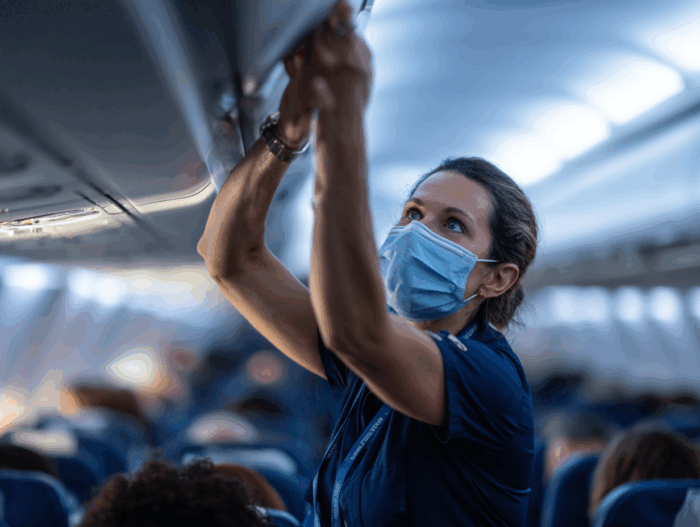Washington Supreme Court Rules Traveling Employee Doctrine Applies to Occupational Disease Claims

A Washington Supreme Court ruling clarifies that workers’ compensation coverage applies to employees who contract diseases while traveling for work, reversing an appeals court decision.
In Azorit-Wortham vs. Department of Labor and Industries, the court held that the “traveling employee doctrine,” which extends coverage for the full duration of a business trip, can apply to occupational disease claims. This decision provides important guidance for insurers and employers, particularly regarding claims for communicable diseases like COVID-19, and reinforces that the circumstances of work-related travel are a key factor in determining compensability.
The case originated with a claim filed by Lisa Azorit-Wortham, an Alaska Airlines flight attendant who contracted COVID-19 in March 2020. She argued her illness was an occupational disease under Washington’s Industrial Insurance Act, asserting she was exposed to the virus as a direct result of the distinctive conditions of her job, which involved prolonged contact with the public in confined aircraft cabins.
Her initial claim was approved by the Department of Labor and Industries but was later reversed through the administrative appeals process. A subsequent jury trial found in her favor, but that verdict was overturned by the Court of Appeals, which ruled that the trial court had improperly instructed the jury.
At the heart of the dispute were two competing legal principles. Azorit-Wortham’s claim relied on the application of the traveling employee doctrine, which generally covers workers for injuries sustained during work-related travel, including during personal time like meals or hotel stays.
Alaska Airlines argued this doctrine was intended for physical injuries, not diseases. The airline contended that applying it to an occupational disease claim would improperly override the requirement that such a disease must arise from conditions “distinctive” to the employment and not from “conditions of everyday life.” Since COVID-19 was widespread, the airline argued, contracting it was a risk of everyday life, not a unique hazard of being a flight attendant.
In its analysis, the Supreme Court rejected the airline’s argument that the two principles were in conflict. The court explained that the traveling employee doctrine and the definition of an occupational disease serve different functions.
The traveling employee doctrine defines the time and place of coverage, establishing that a worker is considered “in the course of employment” for the entire trip. However, it does not automatically make any illness compensable. The claimant must still prove the illness meets the statutory definition of an occupational disease—that it arose “naturally and proximately” from distinctive conditions of their specific job.
The court stated, “instruction 9 simply provides the temporal term for IIA coverage… while instruction 14 sets forth the definitional terms that need to be met to obtain coverage.”
Ultimately, the Washington Supreme Court reversed the Court of Appeals, finding that the trial court had correctly instructed the jury on the law. The decision affirms that an employee traveling for work can file a successful occupational disease claim, provided they can demonstrate a causal link between their specific work conditions and the illness.
The case was remanded to the Court of Appeals to address the remaining issue of whether sufficient evidence existed to support the jury’s original verdict in favor of Azorit-Wortham.
Obtain the opinion here. &








